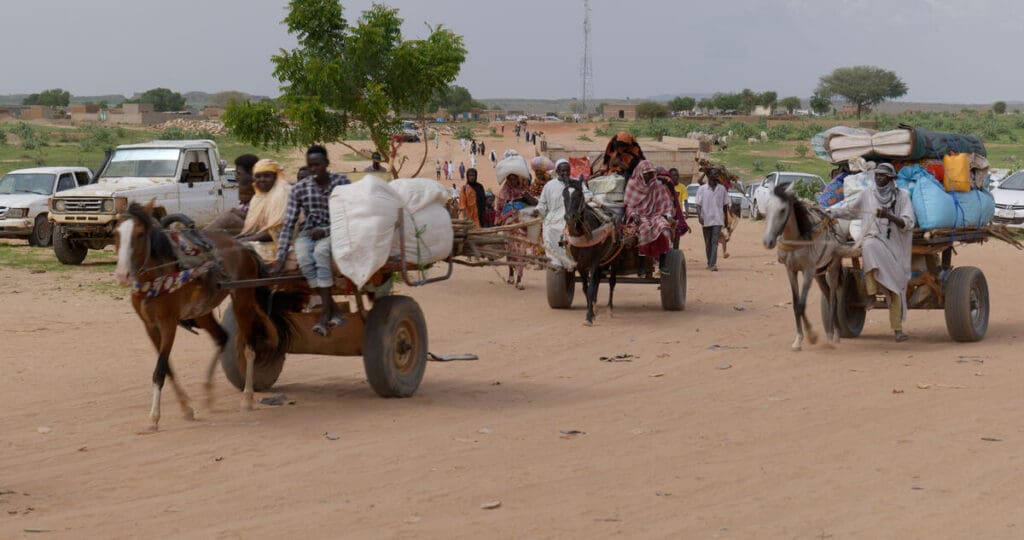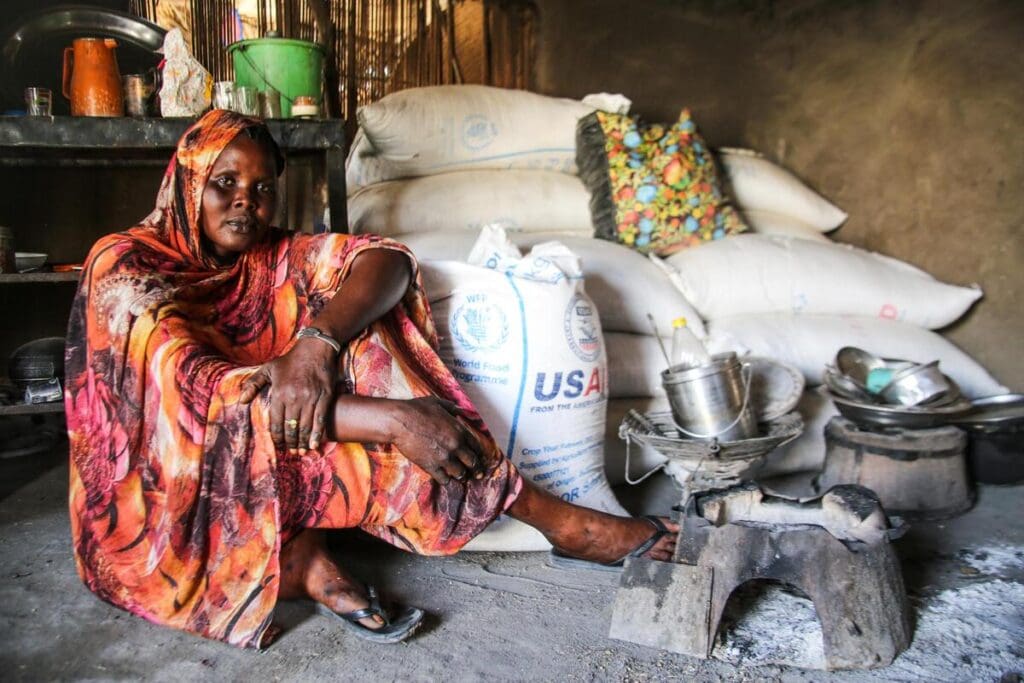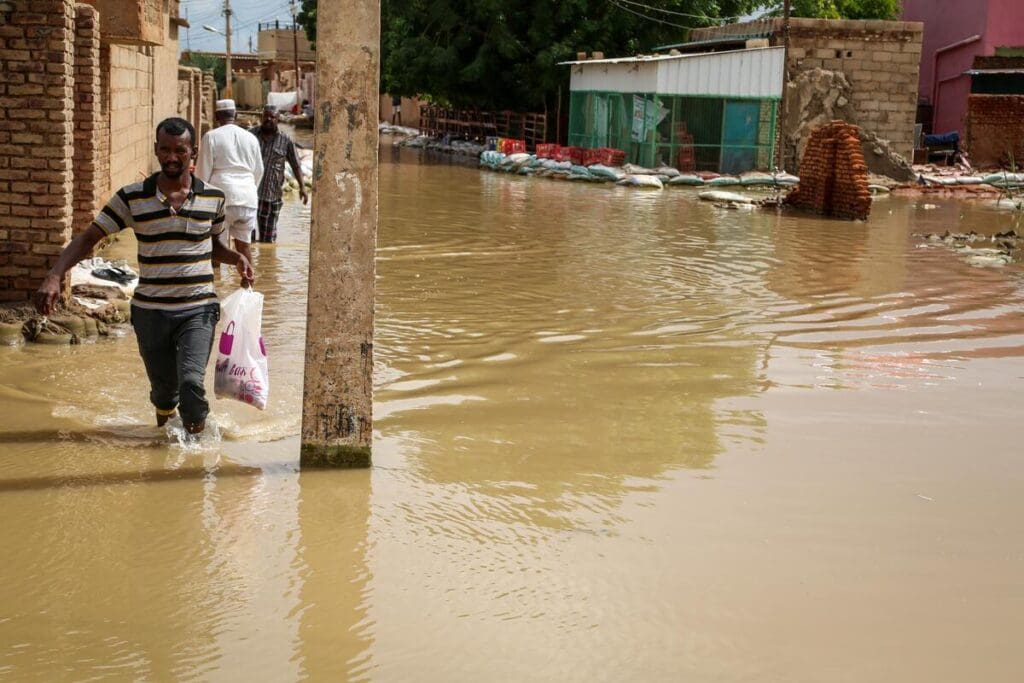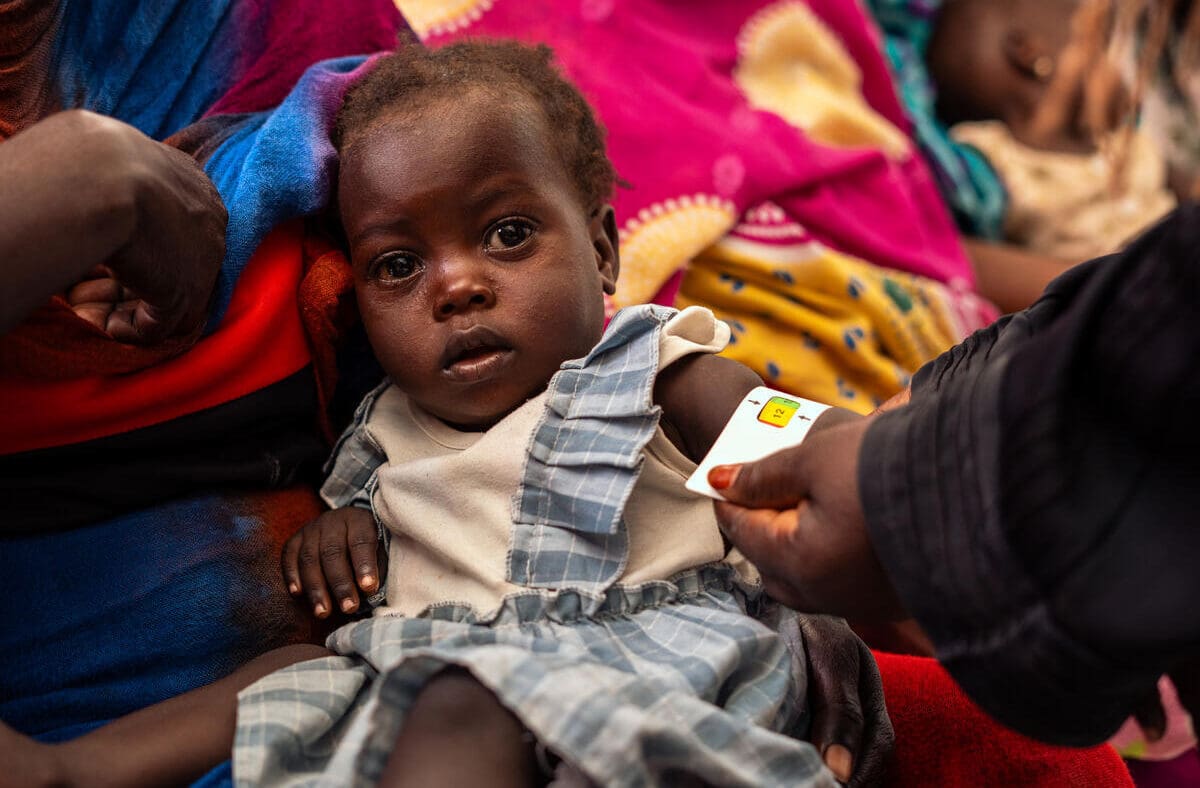
FAMINE CONFIRMED:
In 10 Areas of Sudan
The conflict in Sudan has created a hunger catastrophe. WFP urgently needs your support to scale up operations and reach people in Sudan with lifesaving food.
Famine has been confirmed in 10 areas of Sudan, including Zamzam camp in the conflict-rocked North Darfur Region. Sudan is the only place in the world where famine has been confirmed. Hundreds of thousands of people could die of hunger. WFP is doing everything possible to deliver food to affected communities.
People displaced by the conflict
People face extreme hunger
People assisted by WFP in 2024
Facts About Sudan
Population: 48.1 million people.
Geography: Sudan is located in northeastern Africa and shares borders with Egypt, Libya, Chad, the Central African Republic, South Sudan, Ethiopia and Eritrea, along with a coast on the Red Sea.
Economy: The 2011 secession of South Sudan sent economic shockwaves across Sudan from which the country is still recovering from. Instability and inflation have hampered Sudan’s economic growth.
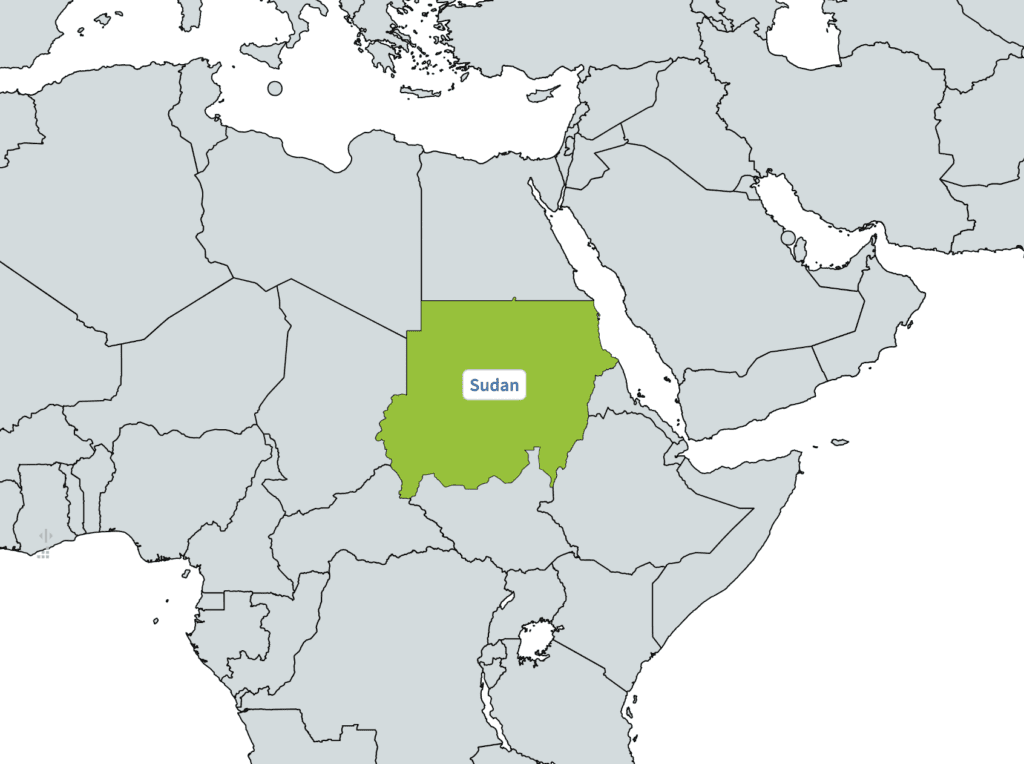
What’s Causing Hunger IN SUDAN?
WFP’s Work in Sudan
WFP has been present in Sudan since 1963. We are the logistics backbone of the humanitarian response in the country and continue to provide emergency food assistance to people affected by the violent conflict.
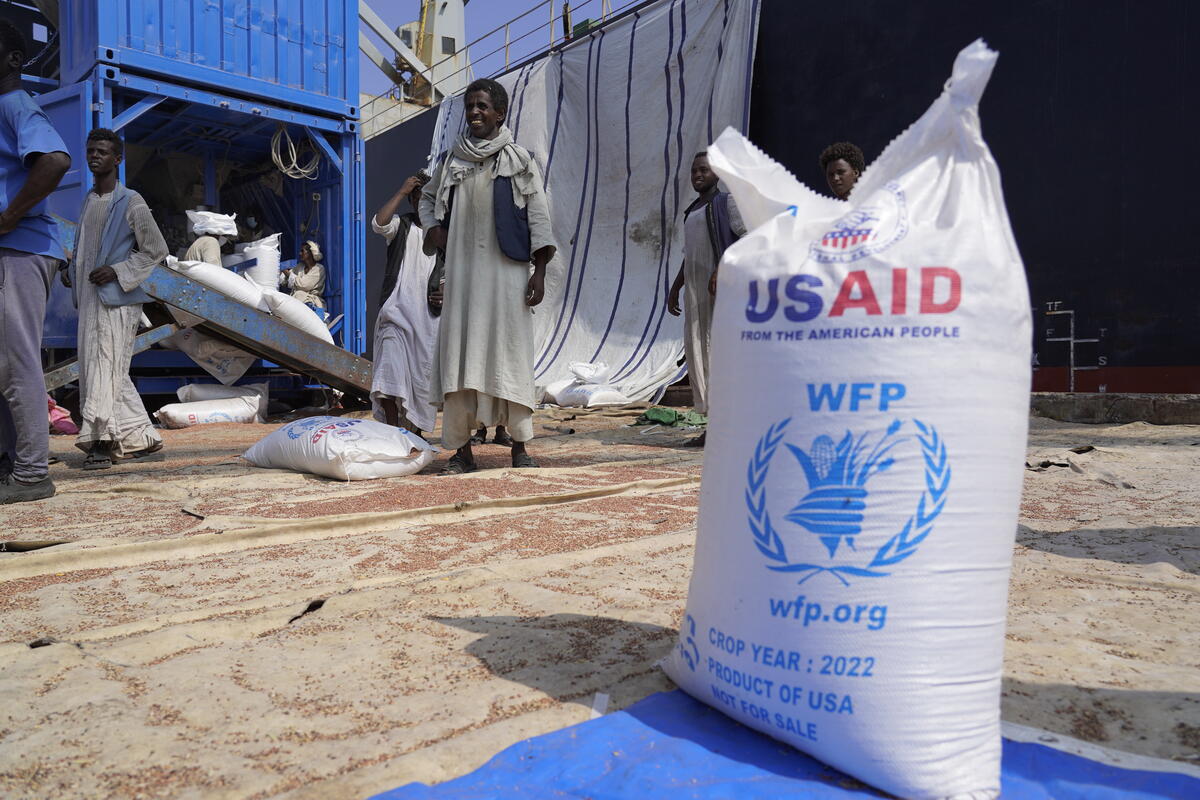
We provide food assistance to refugees, internally displaced people and other communities suffering from hunger.

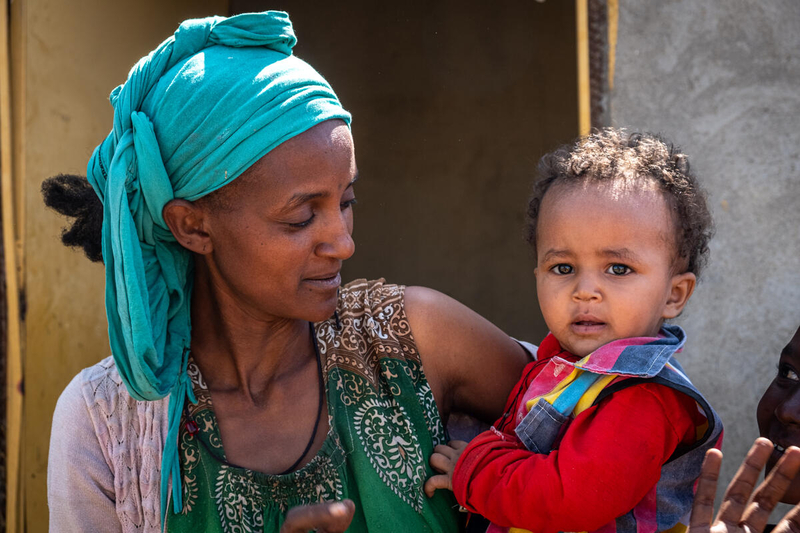
We prevent and treat malnutrition for children under the age of 5 and pregnant or breastfeeding mothers.


With tools and agricultural training, we help small-scale farmers to cut their post-harvest losses.

Help Save lives today
By giving to the World Food Programme, you help us deliver lifesaving food to vulnerable people in Sudan affected by the conflict.
